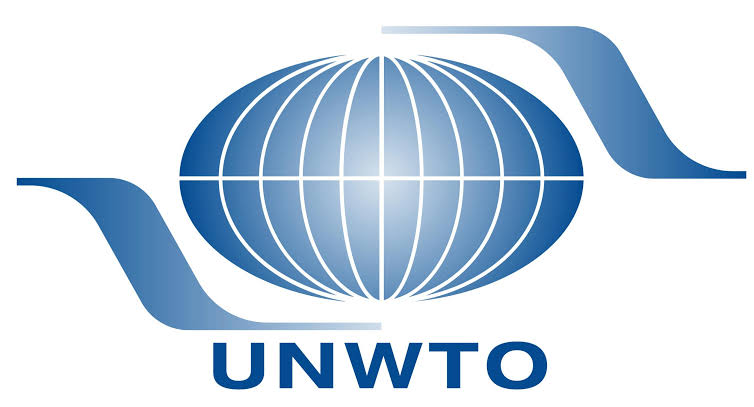SAMI
Published:2020-05-30 01:37:42 BdST
UNWTO launches global guidelines to reopen tourism
The World Tourism Organisation (UNWTO), a specialised agency of the United Nations, has released a set of guidelines to help the tourism sector emerge stronger and more sustainably from Covid-19.
The guidelines highlight the need to act decisively, to restore confidence and, as UNWTO strengthens its partnership with Google, to embrace innovation and the digital transformation of global tourism.
The guidelines were produced in consultation with the Global Tourism Crisis Committee, and aim to support governments and the private sector to recover from an unparalleled crisis.
Depending on when travel restrictions are lifted, the UNWTO warns that international tourist arrivals could fall by between 60 and 80 percent. This puts 100-120 million jobs at risk, and could lead to $910 billion to $1.2 trillion lost in exports.
UNWTO Secretary-General Zurab Pololikashvili said, "These guidelines provide both governments and businesses with a comprehensive set of measures designed to help them open tourism up again in a safe, seamless and responsible manner."
"They are the product of the enhanced cooperation that has characterised tourism's response to this shared challenge, building on knowledge and inputs from across the public and private sectors and from several UN agencies as part of the UN's wider response," he added.
The guidelines highlight the importance of restoring the confidence of travellers through safety and security protocols designed to reduce risks in each step of the tourism value chain.
The protocols include the implementation of check procedures where appropriate, including temperature scans, testing, physical distancing, enhanced frequency of cleaning and the provision of hygiene kits for safe air travel, hospitality services or safe events.
Unauthorized use or reproduction of The Finance Today content for commercial purposes is strictly prohibited.


